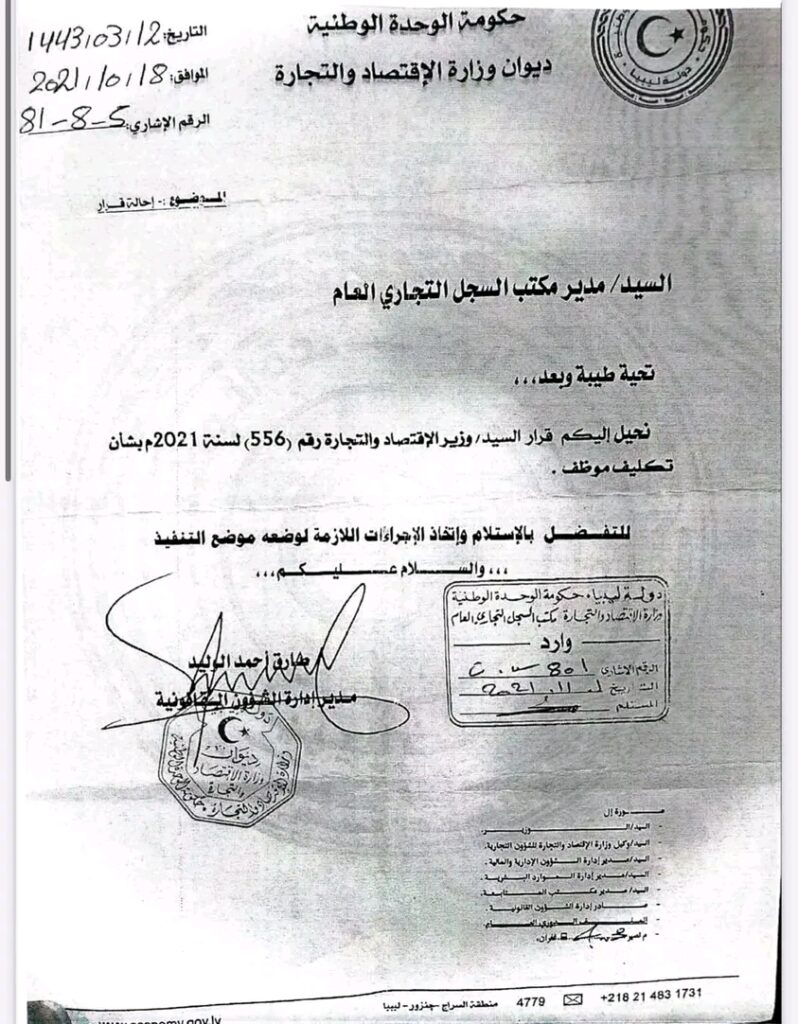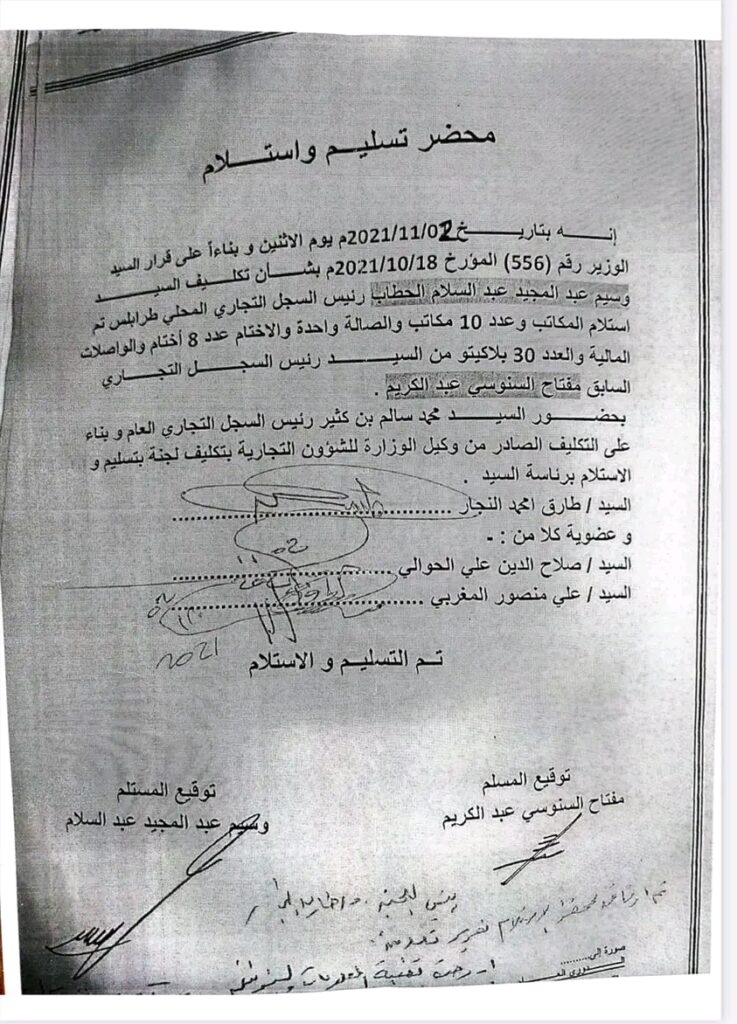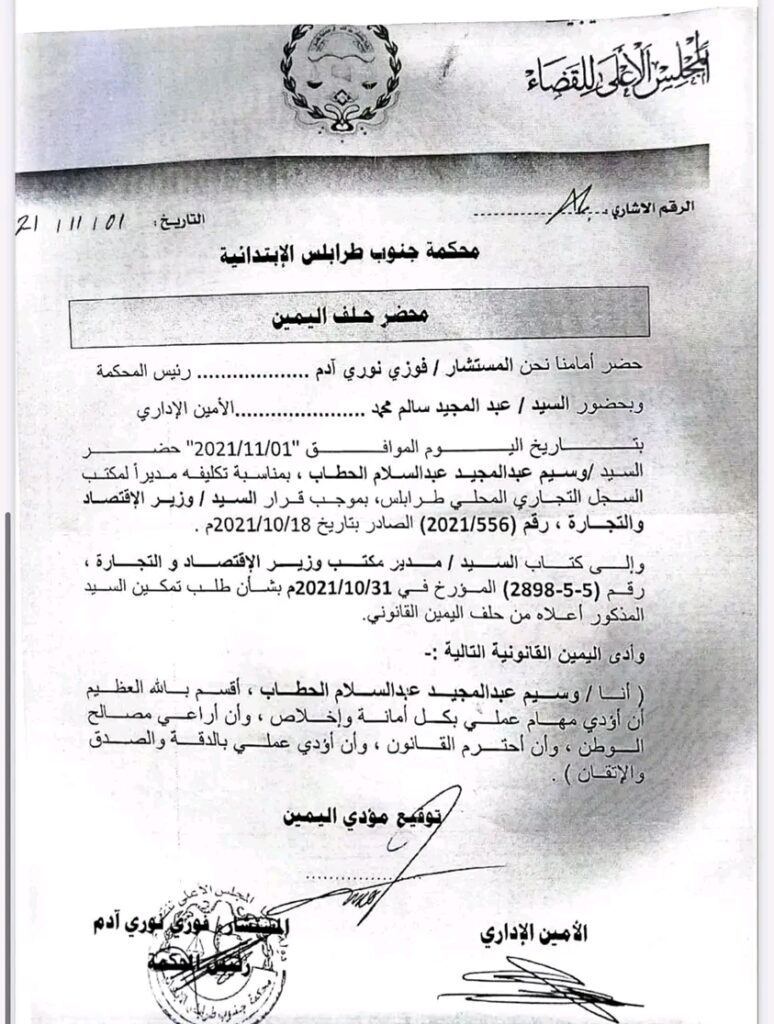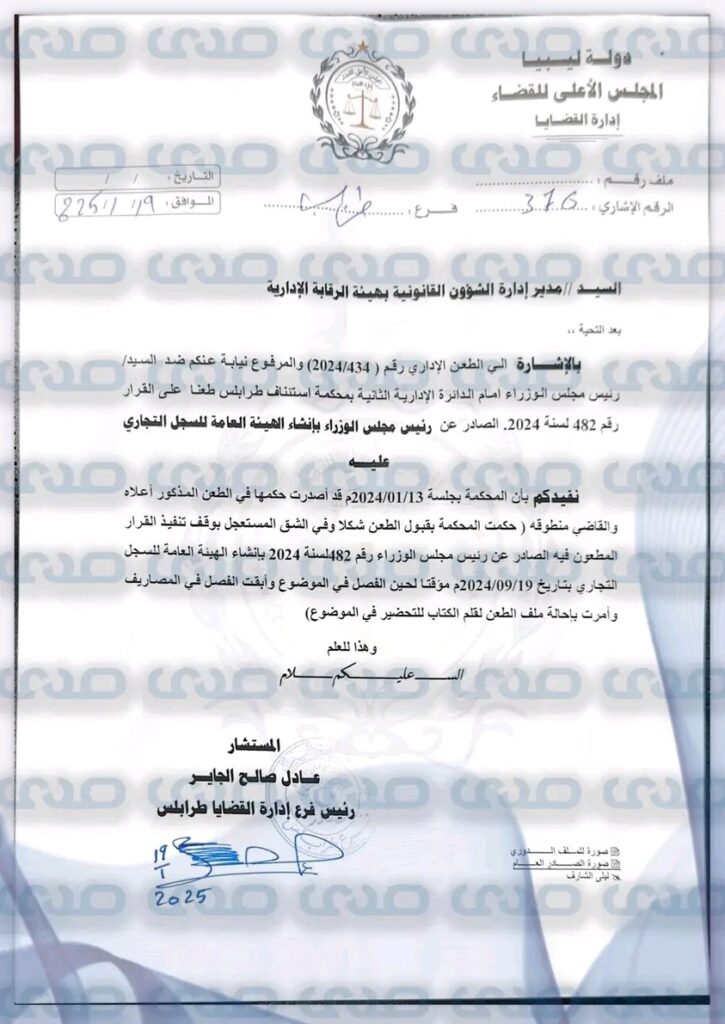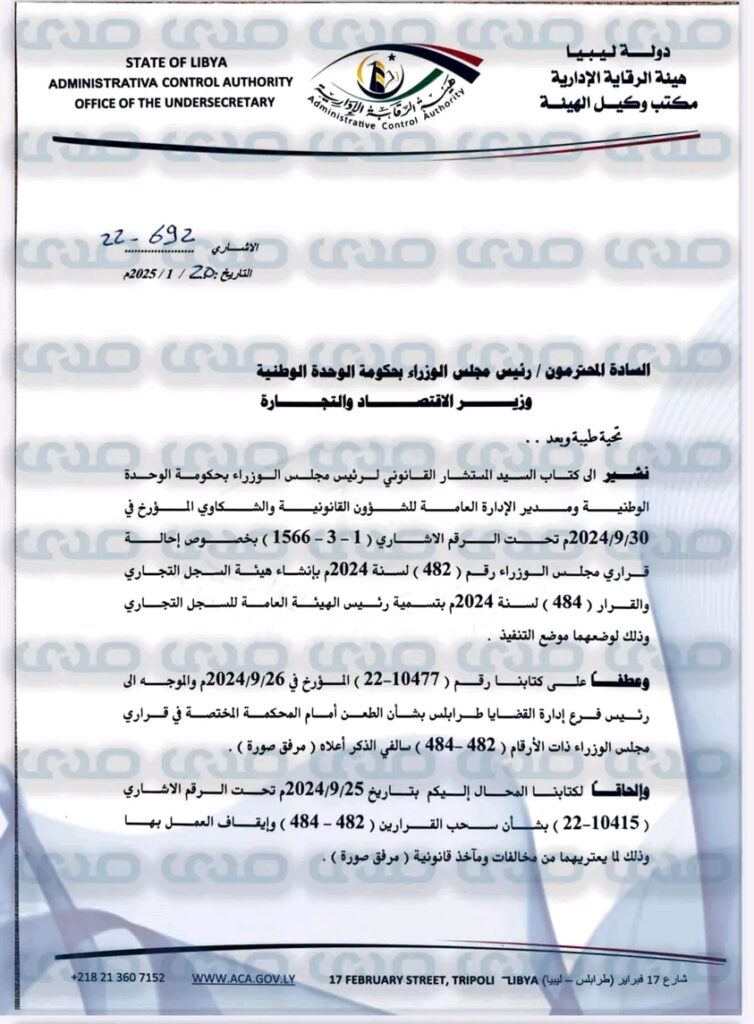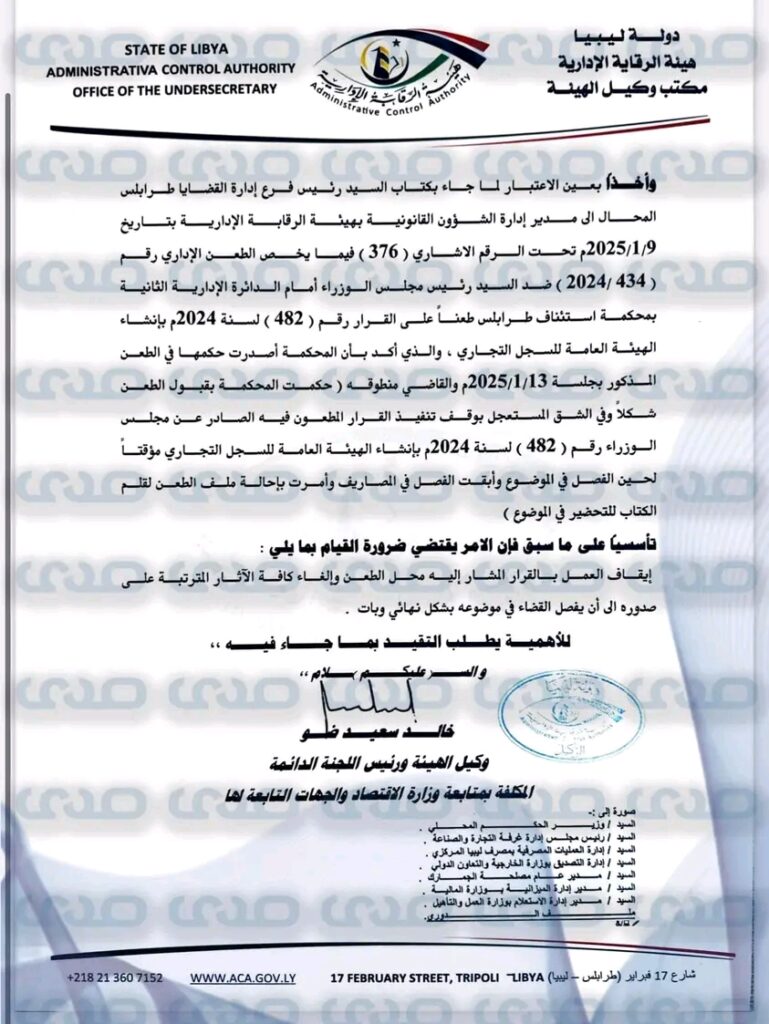Al-Shahoumi Proposes Enabling Libyans to Buy Investment Fund Shares and Earn Profitable Returns
Economic expert Mondher Al-Shahoumi suggested to Independent Arabia that Libyans should be allowed to purchase shares in investment funds to earn profitable returns.
He explained: “I propose enabling Libyans to buy shares in these funds and secure attractive returns. Libya possesses immense economic potential that can drive sustainable development and diversify income sources, despite the political instability that has persisted for over a decade.”
However, Al-Shahoumi emphasized the need to assess the current situation carefully, leveraging relative stability to pave the way for a new economic trajectory. He pointed out that the heavy reliance on oil exposes Libya’s economy to global energy price fluctuations, hindering opportunities for sustainable and inclusive growth.
Drawing comparisons with similar countries, Al-Shahoumi highlighted Norway’s experience, which relied on oil for decades before successfully diversifying its economy through a sovereign wealth fund that invested oil revenues in sustainable sectors. He believes Libya can adopt a similar approach by strategically utilizing oil revenues to support non-oil industries.
He noted that oil is not Libya’s only resource, as the country also has rich deposits of iron, phosphate, and gypsum, alongside untapped opportunities in renewable energy, especially solar power. Positioned in the sunbelt, Libya is one of the most suitable nations for solar energy generation, offering competitive electricity prices and the potential to export energy to Europe.
To achieve this, Al-Shahoumi stressed the importance of investing in the infrastructure required to develop this sector, referencing Morocco’s success with the Noor Solar Complex, which became an energy hub for Europe and Africa. Libya, he argued, has even greater potential, given its strategic location and resources.
Al-Shahoumi also highlighted Libya’s opportunity to develop cross-border trade and leverage its strategic position as a natural link between Europe, Africa, and the Middle East. By building modern free zones, such as at the Tripoli or Benghazi ports, and attracting global companies to use Libya as a re-export hub, the country could boost regional commerce.
He pointed to Egypt and Tunisia, which have developed special economic zones to attract foreign investments, suggesting that Libya could implement similar models while offering tax and legislative incentives to investors.
In the aviation sector, Al-Shahoumi sees a significant opportunity for growth, noting Libya’s strategic air routes connecting Europe and Africa. By modernizing airports and expanding its aviation fleet, Libya could follow Ethiopia’s example, which transformed Addis Ababa into a major hub for African air travel through Ethiopian Airlines.
Lastly, Al-Shahoumi underscored the importance of fostering tech industries and startups, especially as the global economy shifts toward technology and knowledge. Libya, he said, has a golden opportunity to support startups and build a knowledge-based economy, given its youth’s creative potential. However, this requires supportive infrastructure and investment initiatives.
He cited Rwanda as a success story, starting from scratch to become a technology hub in Africa through investments in education and digital infrastructure. Libya, he believes, could carve out a niche in providing digital services and tech products to regional and global markets, particularly under the African Continental Free Trade Agreement, which grants Libyan companies access to a market of over 1.3 billion consumers.

















